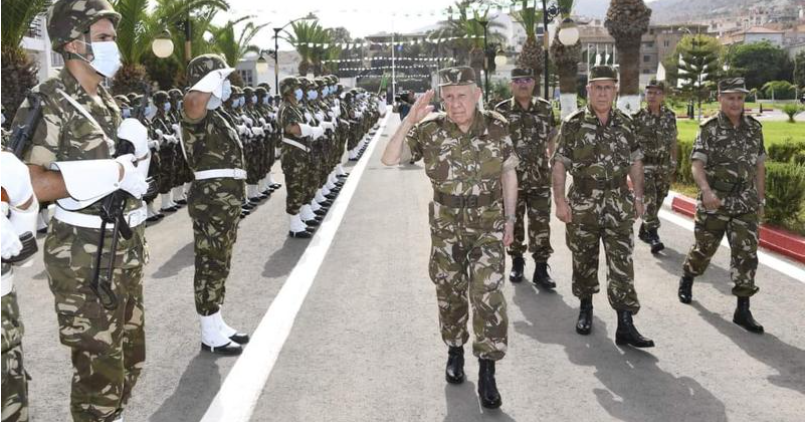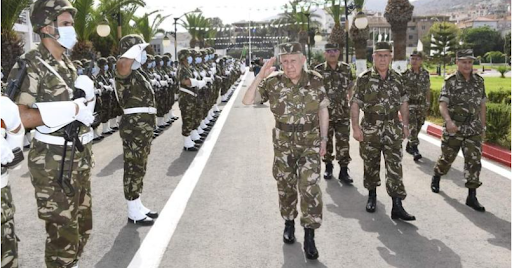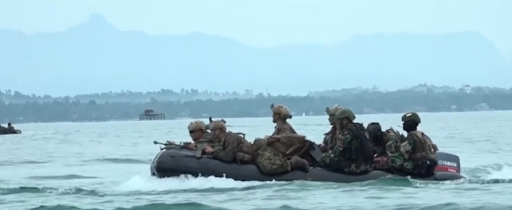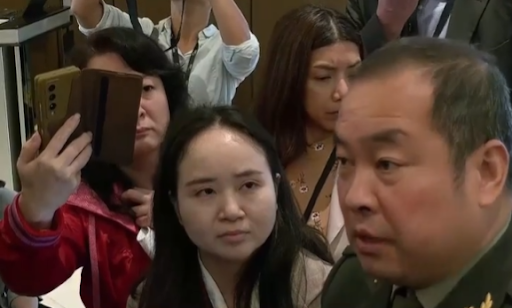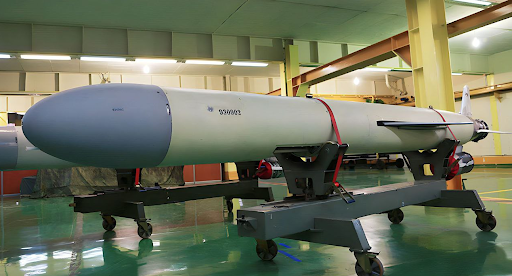
A senior official in “NATO”: Ukraine can join the alliance if it cedes part of its territory to Russia, and Medvedev, Kiyv respond
The Director of the Office of the Secretary General of NATO, Stian Jensen, said today, Tuesday, that “Ukraine can obtain membership in the alliance in return for ceding part of its territory to Russia.”
In response to a question by the newspaper whether the alliance believes that Ukraine should cede territories in order to achieve peace with Russia and NATO membership in the future, Jensen indicated that "a discussion of a possible post-conflict situation is already underway."
He explained that the issue of transferring regions to Russia had been raised, adding, "I am not saying that this will be the case, but it is likely to be a possible solution."
In response to the statements, Ukraine ruled out the idea of ceding any part of its territory to Russia in return for joining the North Atlantic Treaty Organization (NATO).
Mykhailo Podolyak, Ukraine's presidential advisor, described on Twitter the idea of his country ceding territory in return for joining NATO as "ridiculous".
Exchanging territory for membership, Podolyak said, means "choosing to defeat democracy, encouraging a global criminal, preserving Russian order, destroying international law, and passing on war to other generations."
He explained that anything other than a "crushing defeat" for Russian President Vladimir Putin would open Russia's "appetite for more," according to the Kyiv Independent newspaper.
It is noteworthy that since 2014, Ukraine has abandoned the status of a neutral country, and has set its course towards the European Union and NATO.
During the last “NATO” summit held last month, the alliance countries agreed on a multi-year support package for Ukraine, consisting of 3 points that include an assistance plan to bring the Ukrainian Armed Forces into line with NATO standards, the establishment of the “Ukraine-NATO” Council and confirmation of Ukraine’s right to join Swearing without prior implementation of the steps to achieve membership.
At the same time, no time frame has been set for Ukraine's entry into the alliance, which Kiev has insisted on, as well as the conditions that must be met in order to receive an official invitation to join the alliance.
Medvedev comments on a "new idea" presented by NATO for Ukraine's accession to the alliance and sets Russia's conditions
The Deputy Chairman of the Russian Security Council, Dmitry Medvedev, considered that in order for Ukraine to "enter" NATO, the country's authorities must abandon Kiev itself.
Medvedev said: “A new idea for Ukraine from the NATO office.” Ukraine could join NATO if it gave up the disputed territories. and what? The idea is intriguing. The only question is that all of their claimed lands are highly disputed. To enter, the authorities must forsake Kiev itself, the ancient capital of Russia. They will have to move the capital to Lvov.”
The Director of the Special Office of the Secretary-General of NATO, Stian Jensen, announced that Ukraine could join the alliance in exchange for ceding part of its territory to Russia.
A Translation of Medvedev's statement:
A new idea for Ukraine from the office of the North Atlantic Alliance:
Ukraine can join NATO if it gives up the disputed territories.
And what? The idea is curious. The only question is that all allegedly their territories are highly controversial. And in order to enter the bloc, the Kyiv authorities will have to give up even Kyiv itself, the capital of Ancient Rus'.
Well, they will have to move the capital to Lviv. Unless, of course, the psheks agree to leave Lemberg to lovers of bacon with coke.





